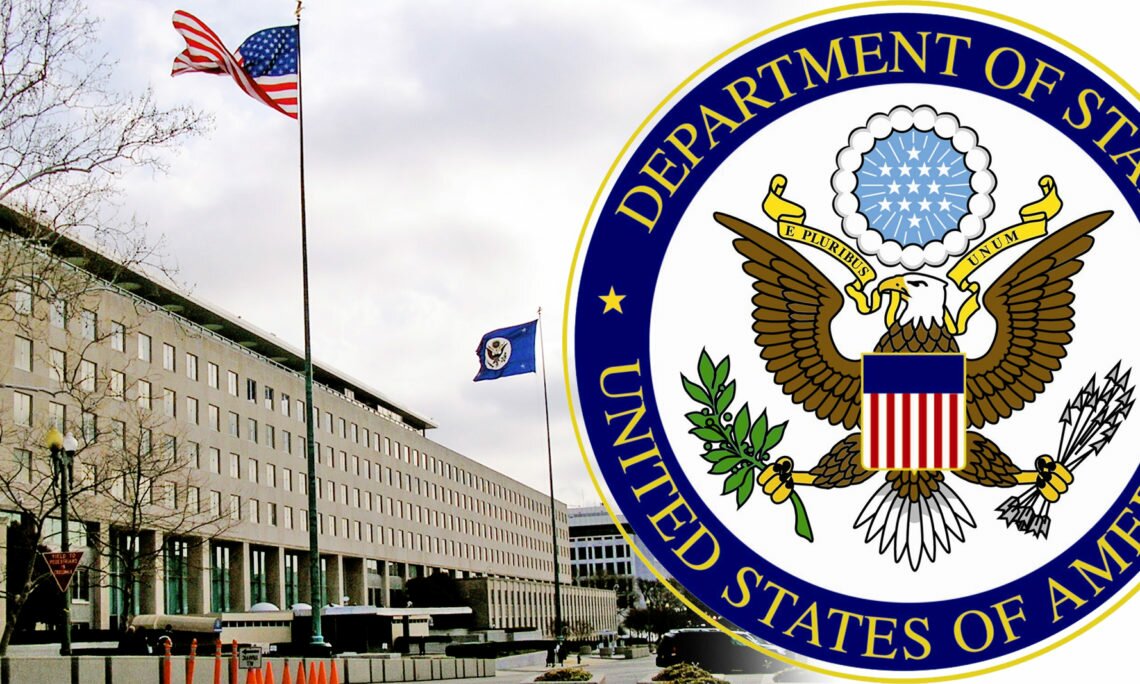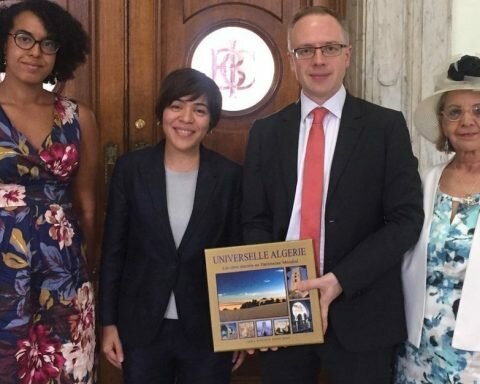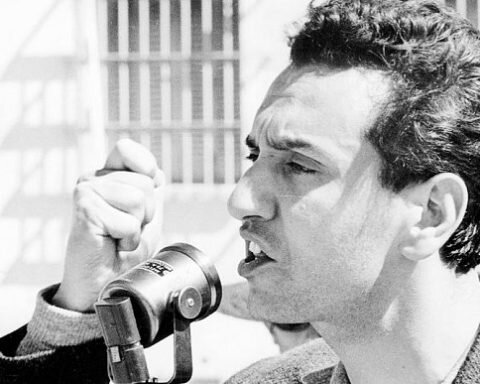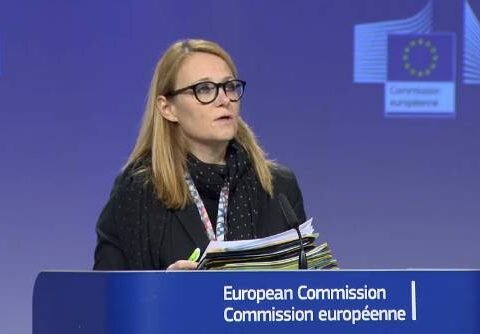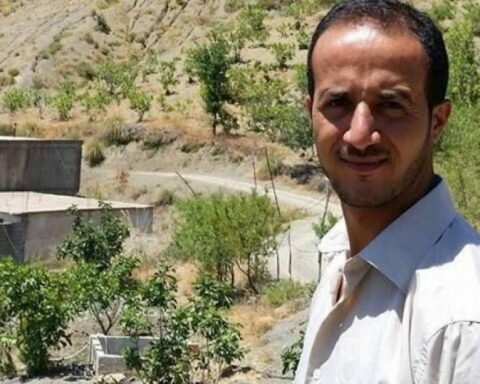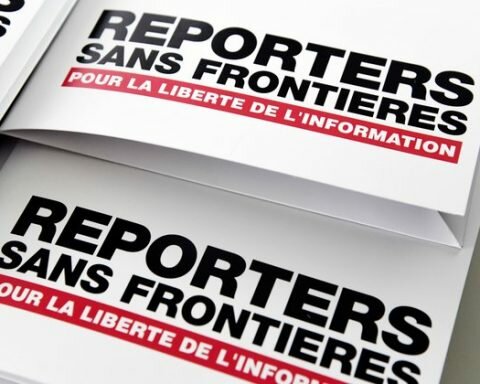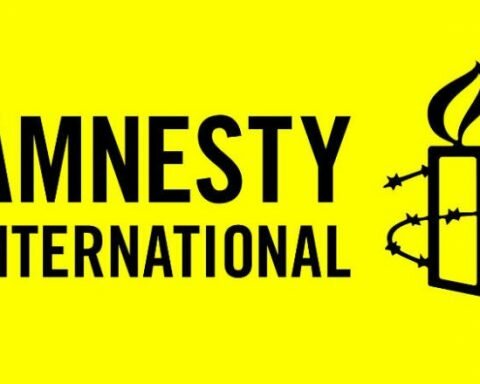The U.S Department of State released on March the 13th its annual report on the situation of human rights around the world. The report covers the period from January 1st to December 31st, 2018.
According to the 2018 report, the main human rights issues of concern in Algeria include torture, police impunity, arbitrary arrest or detention, political detainment, restriction on media freedom and freedom of expression, lack of transparency, and discrimination.
The report points to the excessive use of force by the police against suspects, including protestors. Police impunity was a problem since “prisoners feared reprisals if they reported abuse by authorities during detention or the interrogation process.” In addition, the report says that individuals who participated in unauthorised protests were routinely detained by security forces who held them for hours before releasing them without charges.
Regarding arbitrary arrest, the report says that “Although the law prohibits arbitrary arrest and detention, authorities sometimes used vaguely worded provisions, such as “inciting an unarmed gathering” and “insulting a government body,” to arrest and detain individuals considered to be disturbing public order or criticizing the government.” In addition, “[A]uthorities occasionally used antiterrorism laws and restrictive laws on freedom of expression and public assembly to detain political activists and outspoken critics of the government.” This was the case with journalist Said Chitour who was arrested by intelligence services in June 2017 and was accused of sharing intelligence with a foreign power[i].
The report adds that press and media freedom has been notably restricted during 2018. NGO’s reported they no longer hold events outside of private locations and that owners of public gathering spaces have been told not to rent their locations to certain NGO’s. This is illustrated by the case of blogger Merzoug Touati who was arrested in January 2017 on charges stemming from his online publication of an interview with a former Israeli diplomat, and was sentenced to 10 years in prison in May 2018 [ii].
Freedom of expression restriction includes very restrictive law to initiate regular publications, censorship, restriction on foreign news magazines, monitoring of certain email and social media sites, prohibiting some academic and cultural events, restricting freedom of assembly and association, restricting freedom of religion, restricting freedom of movement, etc.
In this respect, the report points to pressures suffered by the press in the exercise of their functions: “ANEP stated that it sought to preserve a pluralistic press and freedom of information and noted that it funded opposition newspapers. The government’s lack of transparency over its use of state-funded advertising, however, permitted it to exert undue influence over print media.”
The report also points to the corruption and lack of transparency in government: “Corruption throughout the government stemmed largely from a lack of transparent oversight. The National Association for the Fight Against Corruption noted the existence of an effective anticorruption law but stated that the government lacked the “political will” to apply the law.”
Regarding discrimination, the report focuses on abuses based on sexual orientation and gender Identity: “LGBTI status is not, in itself, criminalized; however, LGBTI persons may face criminal prosecution under legal provisions concerning prostitution, public indecency, and associating with bad characters. NGOs reported that judges gave harsher sentences to LGBTI persons. An NGO reported that LGBTI men were targeted more often than are women.”
[i] Said Chitour was released in novembre 11th, 2018. He was sentenced to 16 months in prison, already served, and one year suspended.
[ii] Merzoug Touati was released in March 4th, 2019. He was sentenced to two years imprisonment, already served, and three years suspended.

